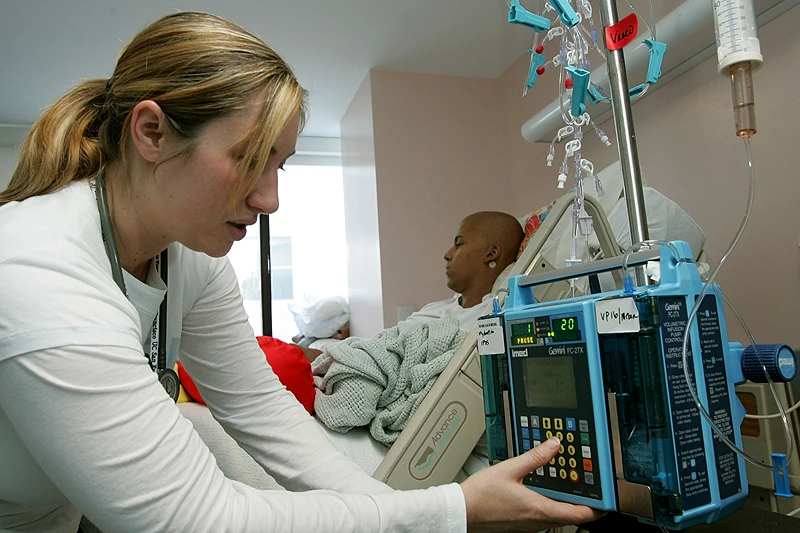
OAN’s Brooke Mallory
2:24 PM – Wednesday, September 6, 2023
According to research that was published on Tuesday, red meat, salt, and alcohol are some of the factors being blamed for the ongoing rise in cancer diagnoses among those under 50.
The report that was published on Tuesday by BMJ Oncology highlighted analytical data from 1990 and 2019 and found a 79% increase in the number of new cancer diagnoses among those under 50 over the course of three decades.
However, the percentage has likely risen since 2019, which was also noted by one researcher on social media. Findings from 2023 have not yet been published.
the findings suggested that a “Western diet,” which includes red meat, a lot of salt, insufficient amounts of fruit and milk, lack of exercise, a high body mass index, raised blood sugar, alcohol use, cigarette use, as well as other characteristics, were emphasized as cancer risk factors for people under 50.
Researchers examined the number of new cases, fatalities, subsequent health effects, and risk factors for adults aged 14 to 49 using information from the Global Burden of Disease 2019 project, which examined the incidence of 29 malignancies in 204 countries and regions.
A group from Zhejiang University School of Medicine and the University of Edinburgh’s Usher Institute, stated that there were 3.26 million early-onset cancer cases in that age range in 2019 alone, a rise of 79.1% since 1990.
Some of the cancers with higher death rates were those of the breast, trachea, lung, colon, and stomach.
Additionally, the study’s authors also noted a 27.7% increase in cancer-related mortality since 1990.
They observed that while early-onset liver cancer rates decreased, incidences of windpipe and prostate cancer increased significantly since 1990. Breast cancer had the highest rate of early-onset cases.
Along with Australasia and Western Europe, North America was identified as having one of the highest rates of early-onset malignancies in 2019. The highest cancer death rates were also seen in Eastern Europe, Oceania, and Central Asia.
“The rising incidence of early-onset cancers may partially attribute to increasing uptake of screening and early detection in developed regions and countries,” the study’s authors wrote.
However, the rise in detections may also have a positive side, as author Dr. Xue Li of the Centre for Global Health at the University of Edinburgh’s Usher Institute emphasized that “outstanding” screening programs had reduced the number of early-onset cancer-related fatalities there.
“Fortunately, the annual mortality rate from early-onset cancer in the UK has been steadily decreasing, a testament to the outstanding cancer screening and treatment efforts over the past three decades,” said Li.
Researchers predicted that early-onset cancer diagnoses could rise by 31% and fatalities by 21% by the year 2030 if the tendencies they had found persisted.
The authors also stated that differences in cancer incidence and mortality rates by region might be brought on by “local environment, lifestyle, and level of available medical treatment.”
Stay informed! Receive breaking news blasts directly to your inbox for free. Subscribe here. https://www.oann.com/alerts

